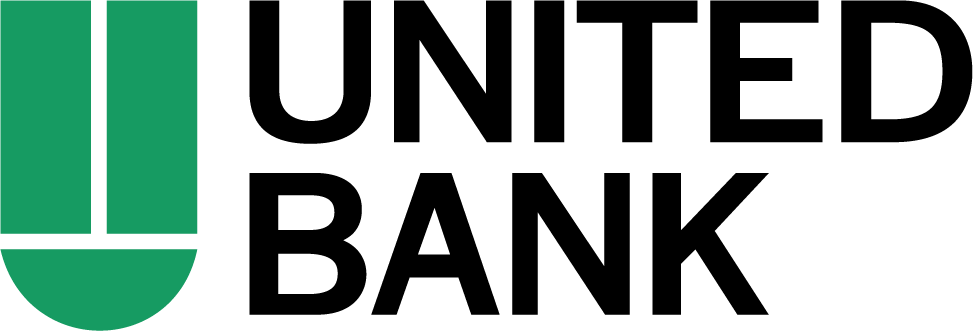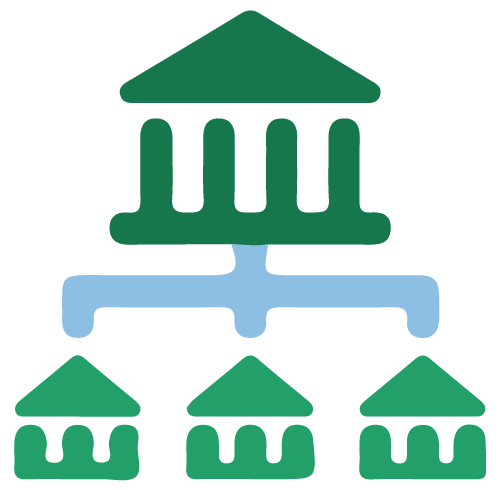The idea behind financial literacy is that a person shouldn’t need advanced training in economics in order to make sound, savvy money choices — for example, decisions related to insurance, investments, saving for college, tax planning and more.
The average person encounters such decisions on some level daily, but when was the last time you quizzed yourself on your comprehension of topics related to personal finance, like budget basics, investing and general money management?
Money-related matters can be confusing, but they don’t need to be intimidating. Through resources available online, community-education efforts and one-on-one conversations with your local United Bank team, we want to help you feel empowered to make smart financial decisions.
To take a few steps in that direction, check out our top 5 tips for getting — and staying — on top of your finances:





